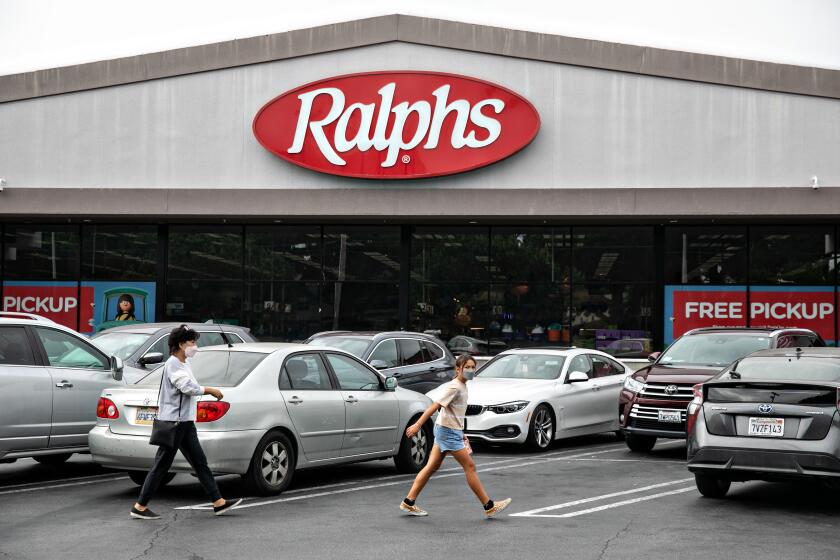LAPD Eases Rules on Street Sources
- Share via
Los Angeles Police Department officials announced this week they would ease restrictions on the use of confidential informants.
For the first time since the city signed a federal consent decree in 2001, some uniformed gang officers will be allowed to cultivate confidential street sources.
Those officers, in the Hollywood and Rampart stations, must adhere to strict guidelines and close supervision during a six-month pilot program.
Since the Rampart police scandal, only undercover gang detectives and their supervisors have been allowed to develop informants. The scandal uncovered widespread corruption, including the use of street sources to frame suspects, fabricate cases and cover up for police shootings.
LAPD officials contend that expanding the pool of gang officers with street intelligence will help them penetrate violent street gangs.
“We have 383 uniformed gang enforcement officers, and so far these officers have performed in a stellar manner not only on the street but in abiding by the terms of the consent decree,” said LAPD Deputy Chief Michael Hillmann. He added that if the pilot program “starts to show success, it’s one more tool that we can give gang officers.”
Department officials said the policy change was approved by the Department of Justice, federal decree monitor Michael Cherkasky and U.S. District Judge Gary Feess.
Civil libertarians, however, said there was potential for abuse.
“It’s easier if you have a small number of people to oversee,” said Ricardo Garcia, a spokesman for the American Civil Liberties Union of Los Angeles. “The more informants you use, the greater the chance that you will not be able to comply with the specific requirements of the consent decree.
“The very nature of who they are and what they need gives them incentive to fabricate information for their personal interest and benefit,” Garcia said.
“Informants are not above using the police for their own” ends, he added.
LAPD Inspector General Andre Birotte said he understood that some people were nervous about the change but said his office would make every effort to hold the department accountable. “The greatest worry is that there are going to be officers who are using informants that slip through the radar of management.”
“I believe the department is doing everything it can to prevent problems, and in our oversight capacity we will be diligent in making sure that nothing slips through the cracks,” Birotte said.
Officers in the program will be required to keep a database of informants and files with their names, roles in any investigation and payments, which must be approved by a supervisor.
More to Read
Sign up for Essential California
The most important California stories and recommendations in your inbox every morning.
You may occasionally receive promotional content from the Los Angeles Times.













